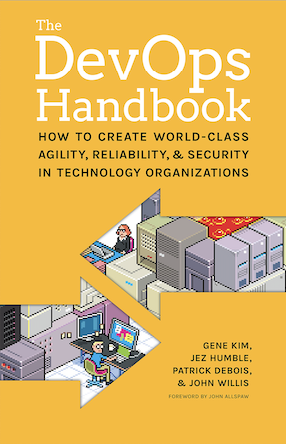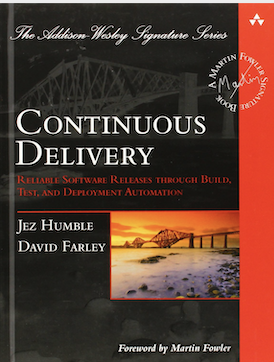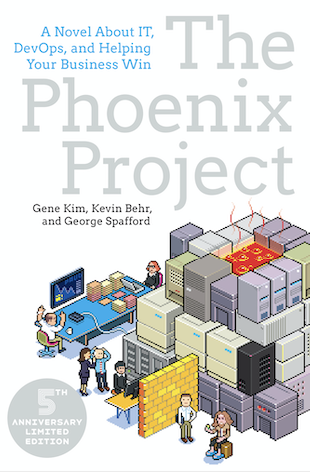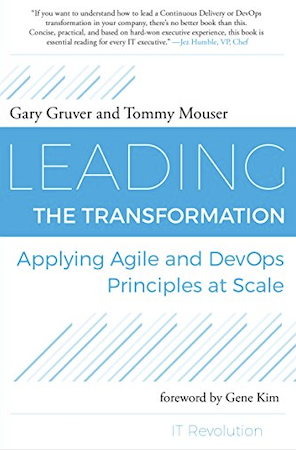There are many books about DevOps and related stuff mentioned in the internet. Reader feedbacks help us to find the most useful one, right? Many cases yes, but not always. So, we decided to list best DevOps books matching your expectations either as a beginner or an expert. Here is a list of five must-have DevOps books.
1.The DevOps Handbook

The DevOps Handbook is for anyone who wants to transform their organization and who wants to make changes through DevOps methodology. This book is based on three core principles of DevOps, also known as The Three Ways: Flow, Feedback, Continual Learning and Experimentation. The book also consists of many case studies, including Amazon, Google, Facebook etc., giving an idea about how best-practices can be applied at any scale.
2. Continuous Delivery

Continuous Delivery gives you principles and technical practices enabling fast and incremental delivery. By automation of the build, deployment, and testing process. Each topic is covered one by one and in detail. Also, the book focuses on improved collaboration among the team members, so they can get changes released in hours or even in minutes. This is a must-read for anyone regardless of role in the team and experience level.
3. The Phoenix Project

Another must-read. What makes this book different than the others is the fact that it is in novel format. The DevOps Handbook is to learn the basics, but this book will show the application of the theories and principles in an entertaining story telling format. It is much easier to get through and have fun.
4. Accelerate, The Science of Lean Software and DevOps

A must-read for any leader in a tech organization. Includes research method and results for better understanding of transformation in the real world. The book will help you learn and understand how DevOps can affect your organization go further.
5. Leading the Transformation

Leading the Transformation provides real-life statistics and advices for any leader in an IT organization. This book is a kind of managerial guide, providing a framework for better development and delivery. Instead of the traditional Agile and DevOps approaches that focus on small units, this book targets the coordination of work across teams in large organizations.



